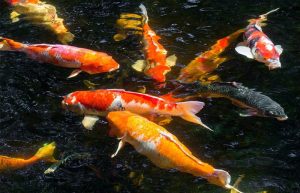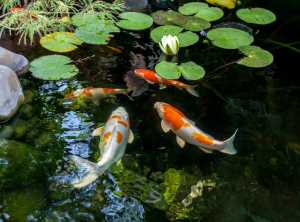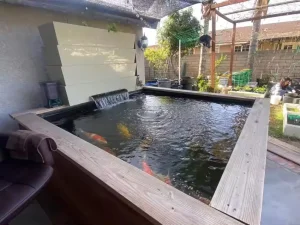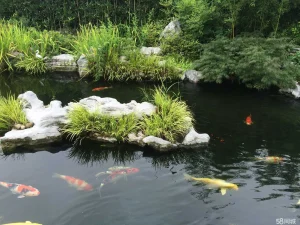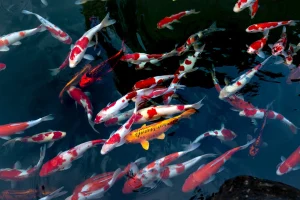Aquaponics systems: Innovative practices for sustainable development in modern agriculture
The aquaponics system, as an innovation in the field of modern agriculture, integrates aquaculture and hydroponics to build an ecological cycle of symbiosis. The core of the system lies in its ingenious use of fish excreta as a natural fertilizer for the plants, while the plants purify the water by absorbing these nutrients, providing a clean ecological environment for the fish. This closed-loop design not only greatly enhances the efficiency of resource utilization and reduces the impact on the environment, but also produces non-polluting and healthy agricultural products, marking a shift in modern agriculture towards a sustainable development model.
Scientific principles of aquaponics systems
The aquaponics system is based on the principle of ecology and realizes the efficient use of water and nutrients through a well-designed circulation system. The excreta and unconsumed feed produced by fish in the aquaculture process are rich in nitrogen, phosphorus, potassium and other nutrients essential for plant growth. This nutrient-rich water is then pumped to the plant cultivation area, where it is directly available for plant root absorption through hydroponics or mist cultivation techniques. While taking in nutrients, the plants purify the water through their roots and microorganisms, ensuring clean water, which is then recycled back to the fish culture area, forming a self-sustaining ecological cycle.
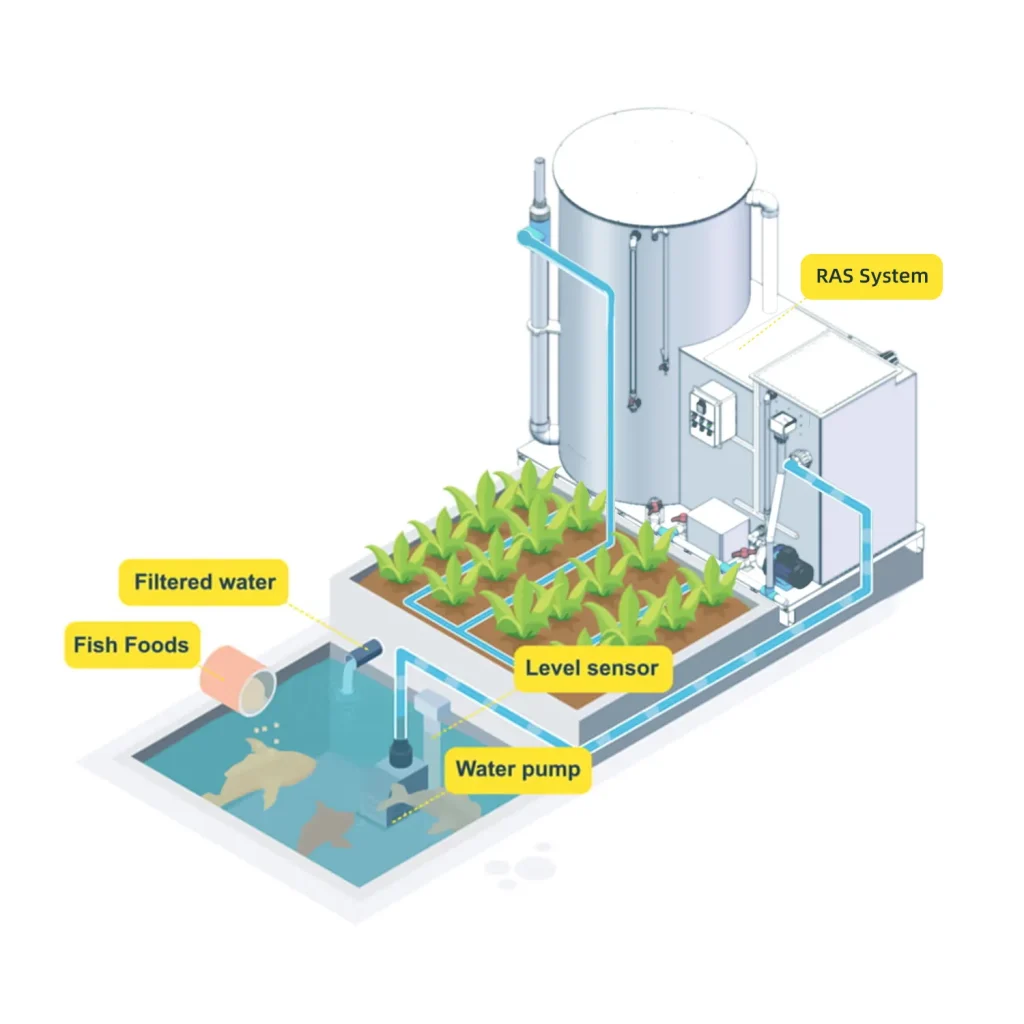
Significant advantages of aquaponics systems
1.Efficient recycling of resources:
The aquaponics system realizes efficient reuse of water and nutrients through an internal recycling mechanism, significantly reducing resource consumption.
2.Minimized environmental impact:
Reduced dependence on external resources, reduced use of fertilizers and pesticides, and minimized negative impact on the environment.
3.Healthy produce output:
vegetables grown and fish farmed in the system ensure the health and safety of the produce as the use of chemicals is avoided.
4.Economic and social benefits:
Diversified product outputs, such as vegetables and fish, bring new growth to the agricultural economy while promoting urban and family farming.
Challenges and opportunities for aquaponics systems
Although aquaponics systems have demonstrated significant potential and advantages, their successful implementation has faced a number of challenges, such as the complexity of system design, the precise requirements for water quality management, the difficulty of disease control, and the initial investment costs. However, with the continuous advancement of technology and accumulation of practical experience, these challenges are gradually being overcome, opening the way for the wide application of aquaponics systems.
In summary, aquaponics system, as an important part of the sustainable development of modern agriculture, not only embodies the concept of eco-agriculture, but also provides innovative solutions for the future of global agriculture. Through scientific design and management, aquaponics systems can effectively balance productivity and environmental protection, and promote the healthy, green and sustainable development of agriculture.




